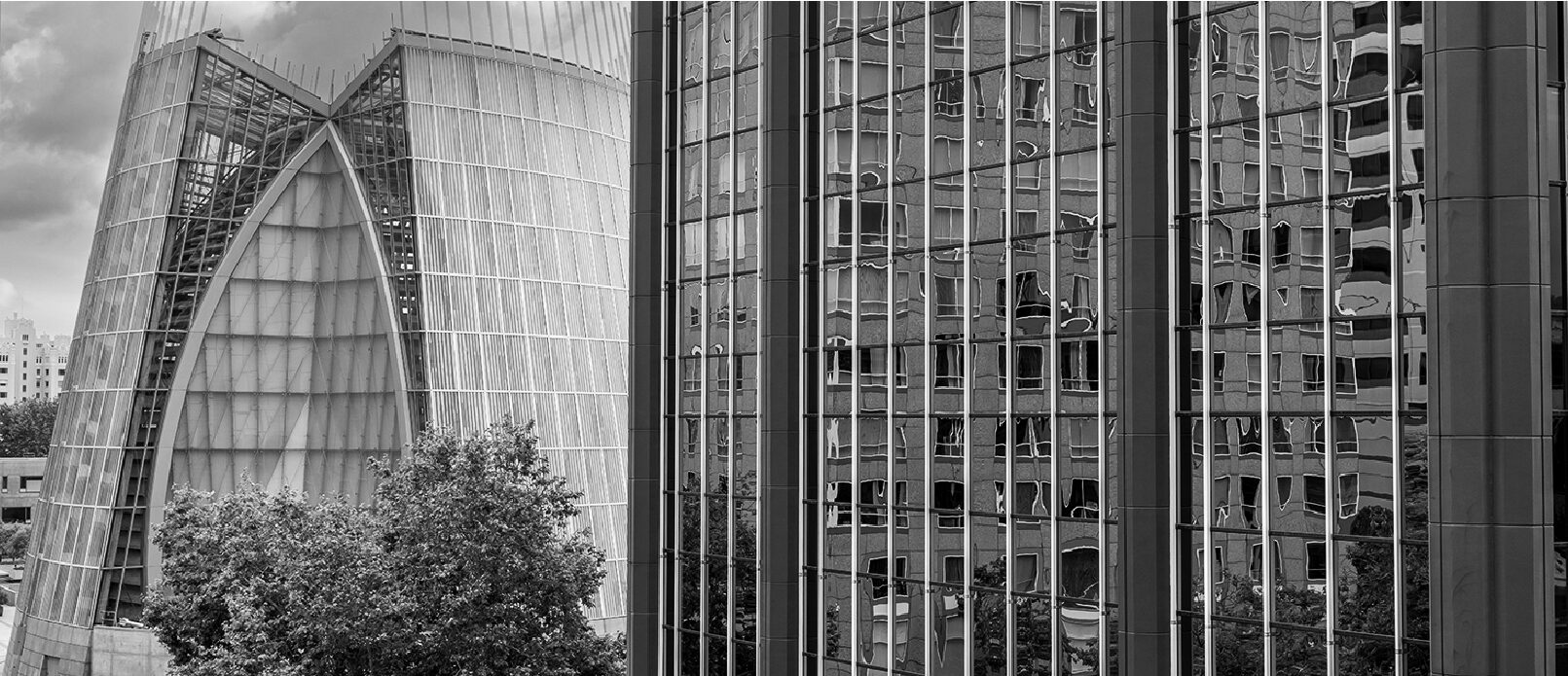
Gatekeeping – Appropriate and protective or inappropriate and restrictive?
One of the central areas of dispute in custody cases is whether one of the parents should have less time with a child than the other. One possible explanation for why one parent might want a child (or a child may express a desire) to have less access to the other parent is that the child has been harmed by the parent. On the other hand, one of the parents may be trying to restrict the other parent’s access to a child without a valid, or valid enough, reason. These behaviors are often described as either “appropriate or protective gate-keeping” versus “inappropriate restrictive gate-keeping.” Appropriate gate-keeping versus inappropriate restrictive gate-keeping were at the heart of the custody dispute between Brad Pitt and Angelina Jolie. Brad Pitt alleged that Angelina Jolie was a restrictive gate keeper where Angelina Jolie alleged that she was a protective gate keeper.
A parent actively restricting or attempting to restrict the other parent’s access to a child to protect the child from harm may be acting appropriately. A fairly obvious example of why one parent may want the other parent to have limited access to a child could be a history of child abuse or exposure to domestic violence. In the most extreme cases, appropriate gate-keeping may result in the non-custodial parent having no contact with a child because of the harm that such contact might cause.
Conversely, the term restrictive gate-keeping would apply to a parent who inappropriately attempts to limit a parent’s access to a child, either by passively or actively encouraging a child to not interact with the other parent or by finding other means to limit such access, such as over-stating harm caused to a child while in the other parent’s care. On the extreme end of such behavior, one parent may be actively alienating a child from the other parent solely due to animus or anger held towards that parent. Inappropriate gate-keeping is harmful to a child due to the impact that such behavior may on a child’s ability to form a health bond with the non-custodial parent. In extreme cases, inappropriate gate-keeping may result in the gate-keeping parent losing primary custody of a child.
There are other reasons for parents to not have equal parenting time with a child that are not related to protecting or over-protecting a child. For example, a child’s desire to be with one parent more than the other may be a healthy expression of a developmental need. However, if a parent over-encourages such an expressed desire, even an appropriate expression of a developmental need by a child can end up blending into inappropriate gate-keeping behavior of an adult. In other words, the difference between appropriate and inappropriate gate-keeping can be quite subtle and may include a blend of appropriate and inappropriate behaviors, which can make it very difficult to determine whether access restrictions will ultimately protect a child or cause him or her harm.
The framework described above is an important one to have in mind for a parent with concerns about the other parent’s behavior to the point that he or she believes that restricting the other parent’s access to the child, whether in minor or major ways, is needed. A parent facing this dilemma will need to make sure that the level of gate-keeping is appropriate and in proportion to the alleged harmful behavior, or otherwise risk harming the child by unnecessarily over-restricting their access to the other parent. Such over-restriction may also undermine the concerned parent’s legal position in a custody dispute.
This framework is equally helpful and important to consider for the parent whose access is being limited. In many cases, the other parent’s restrictive behavior may be motivated by both appropriate and over-restrictive impulses. Acknowledging that there may be valid issues that the restricted parent may need to address for the benefit of the child, while also countering the inappropriate gate-keeping behavior of the other parent, can be critical for a child’s well-being. Taking this more nuanced approach can also support the restricted parent’s legal case for having more access to the children.
It is often very hard for both the parent seeking to limit the access of the other, and the parent whose access is being sought to be limited, to know what concerns are valid and require action, and how to evaluate such concerns in the broad context of the what is best for the children. Some concerns may seem severe to a parent, but the solution may not be to go to Court if the Court is not likely to provide the relief sought. Conversely, some concerns may be given too little weight, even though immediate action by the concerned parent may be required.
An attorney with experience and training in custody will be able to provide a perspective on what might be in a child’s best interest, as well as what gate-keeping behavior the Court might consider to be appropriate or troubling and how a Court may respond to each set of facts. An experienced mental health professional acting as an adviser may also provide invaluable, healthy perspective and guidance about what might be best for a particular child. Finally, Co-parenting counseling or mediation may be the right venue to work out many of the parental concerns, which are often complex and do not fit into a “the behavior is over-restrictive and harmful” versus “the restrictions are appropriate and protect the child” dichotomy that is more likely to be played out in a Court-contested custody case.
Regardless of whether a parent chooses a more adversarial or more cooperative approach to resolving custody, looking at custody disputes, especially highly contested ones, through a prism of appropriate, protective gate-keeping and inappropriate, restrictive gate-keeping is a helpful framework for thinking through the parental dynamic, and what is in a child’s best interest.
